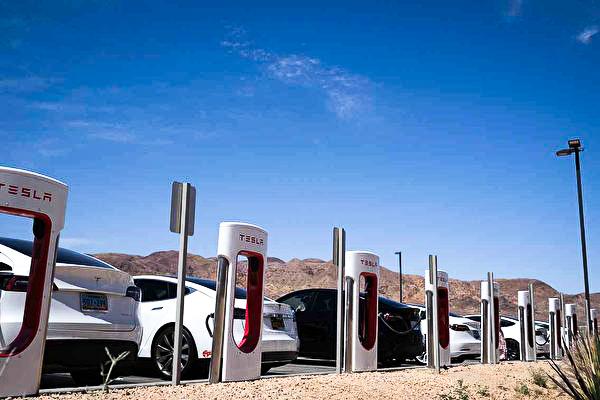Maine, a vastly rural state that mingles a traditional Yankee life of hunting, logging, lobstering, and living off the grid with an annual influx of 15 million tourists—most who arrive by car—will not be joining 12 other states in phasing out gas-powered cars in favor of electrical vehicles.
In a 4 to 2 vote, the Maine Board of Environmental Protection earlier today rejected a proposal to adopt a rule that would mandatorily put Mainers behind the wheel of so-called “zero emission vehicles” (ZEV) by the year 2025.




